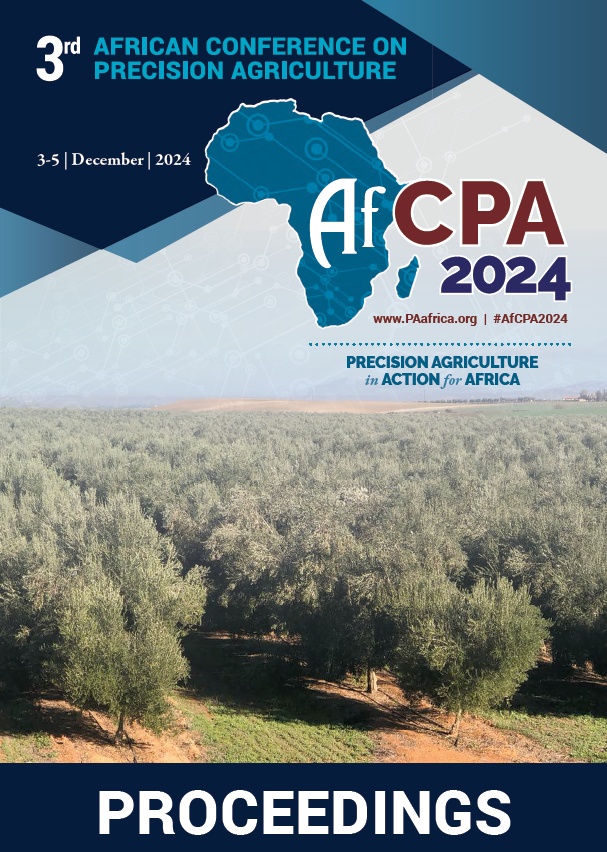Download the Conference Proceedings
Proceedings
Authors
| Filter results2 paper(s) found. |
|---|
1. Small Machinery for Sustainable Intensification of Crop-Livestock System under Biomass ShortageSmall crop-livestock systems in Low- and Middle-Income Countries (LMIC) such as North African ones are characterized by low mechanization levels, thus undermining their productivity and sustainability. Machinery being promoted in local markets are made and imported mostly from industrial countries where farm systems are larger in terms of size. Prices of these machines are not affordable for small to medium sized land-holding farmers who remain incapable of upgrading and modernizing their farming... U. Rudiger, Z. Aidoudi, A. Frija, M. Rekik, A. Zaiem, H. Cheikh |
2. LiDAR-based soybean crop segmentation for autonomous navigationThe technological advances in the last few decades have greatly changed agricultural operations. In order to became safer, more profitable, efficient, and sustainable, modern farms have adopted the use of sophisticated technologies, such as robots, sensors, aerial images, and GNSS (Global Navigation Satellite System). These technologies not only increase the crop productivity, but also reduce the wide use of water, fertilisers, and pesticides. Due to this, they reduce costs and negative environmental... V.A. Higuti, A.E. Velasquez, M.V. Gasparino, D.V. Magalhães, M. Becker, D.M. Milori, R.V. Aroca |
